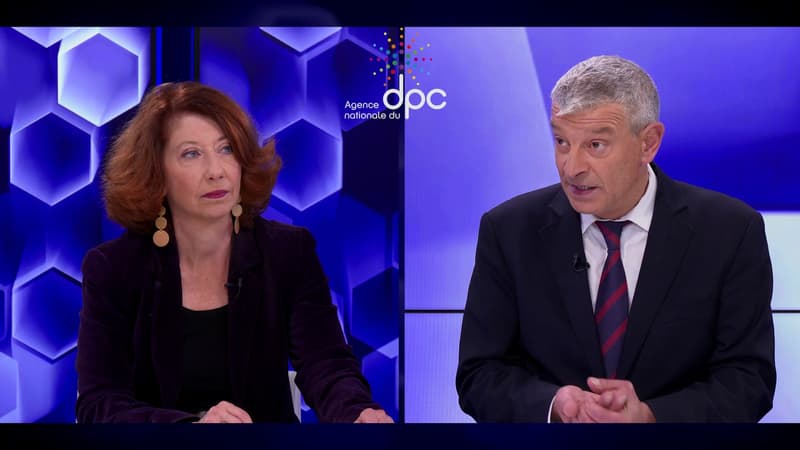In what framework should we place the obligation of continuous professional development to which health professionals are obliged?
Every 10 years, around 25% of the knowledge acquired in initial training becomes obsolete. Continuous training is, above all, an ethical obligation for health professionals, which has existed for years. The implementation of continuing professional development (CPD) sought to respond to very specific questions: the need to include, beyond the training obligation, approaches to evaluating practices, aimed at evaluating their relevance, and risk management. The CPD imposes the need for this training to be scientifically validated and preserved from links of interest with the pharmaceutical industries. Finally, it reaffirms the importance of professionals being trained in public health issues.
Wasn’t that the case?
In France, the world of training (beyond the health sector) is a jungle full of organizations, some of which do not stand out for their quality or seriousness. The National CPD Agency carries out checks so that organizations offer carers an evaluated and scientifically valid offer, which is essential when it comes to public health issues. With this in mind, we have eliminated all training around unconventional therapies (acupuncture, naturopathy, hypnosis, etc.). In particular, we have signed an agreement with Miviludes, the mission to combat sectarian aberrations: 20% of the reports received by Miviludes refer to the field of health, of which 70% refer to non-medical therapeutic practices. conventional. We have also implemented a plan to combat financial fraud by certain organizations and have obtained criminal convictions.
The ANDPC acts in three main areas: approving CPD organizations, monitoring the actions carried out within this framework and financing the CPD of self-employed health professionals. What goals have you had the most success with?
In liberal circles, these three objectives have been crowned with success. The training offer is, today, fully controlled at various levels, both by our services and by independent scientific commissions made up of health professionals. In its September 2024 report, the Court of Auditors welcomes an “ambitious mode of regulation, welcome in view of the expected demands of the management of public funds.” On the other hand, we approve organizations based on more demanding criteria of the Qualiopi certification granted by the State. It is this level of demand that allows healthcare professionals to be offered quality services and, ultimately, patients to be cared for by caregivers trained according to the latest good practice recommendations.
The funding allows self-employed carers, such as GPs in offices, to train without loss of income. This is a strong incentive that only exists in France. The challenge for the agency is to fund all validated and completed CPD programs and support all eligible students who have completed their CPD, within a limited budget. In this way, we have managed to achieve a real balance (for an endowment of 200 to 250 million euros per year), while financing a significant number of health professionals. The result in 8 years of existence is close to 2 million registrations of health professionals for a validated CPD action, with undoubtedly a new registration record for 2024.
This is true for the liberal sector, but what about hospital professionals?
Of course, there are areas for improvement and we must promote the dynamic towards hospital professionals and all salaried professionals, of whom we are not financiers. We receive fragmentary data from collecting organizations that do not allow us to know the proportion of hospital caregivers who have fulfilled their CPD obligation. We are currently working, with public or private hospitalization federations, to improve the dissemination of CPD in hospitals and streamline processes and interfaces. This is an important goal for us.
Among your other priorities?
Beyond control, we are in the process of expanding support to stakeholders. I am addressing in particular CPD organisations, to whom we provide methods, tools, requirements etc. We also have a big challenge in terms of communication and promotion, particularly towards those in the field. Therefore, we are forced to find replacements. They can be the unions that represent professionals, but also all the regional networks that bring together health professionals. The State now wants to go further for the seven professions with a professional order and propose a periodic certification process that includes the relationship with the patient and the health care of the professional: the CPD will take its full place.
This content was produced in partnership with SCRIBEO. The BFM Business editorial team was not involved in the production of this content.
Source: BFM TV


